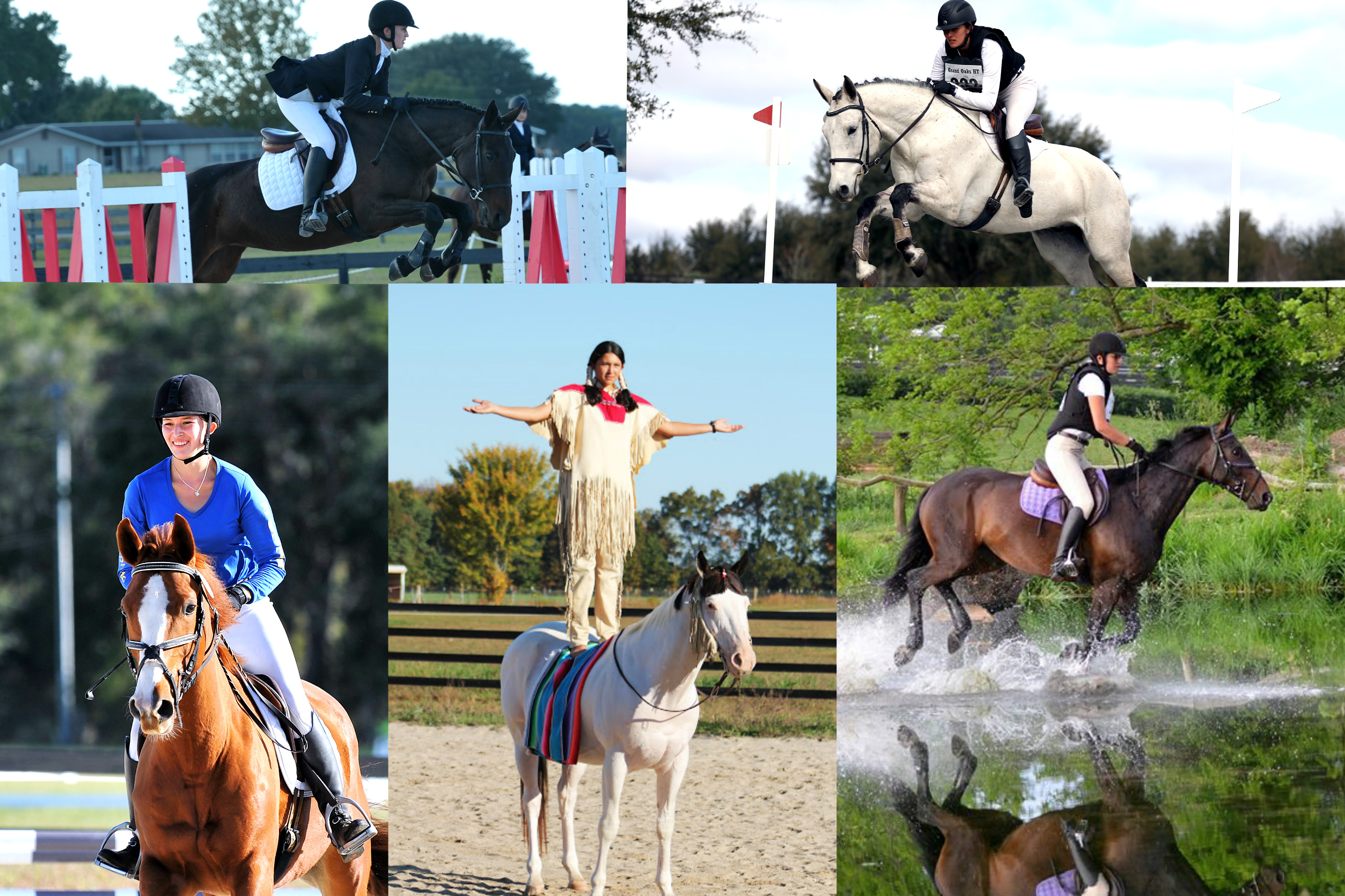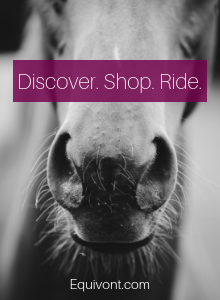Search the Site
Brianna's Blog post # 21: What Do You Want to Be When You Grow Up?

"What do you want to be when you grow up?" If you have not been asked this question at least once in your life, surely you have not lived. I think I was first asked this question around eight or nine and I shrugged my shoulders and mumbled "I don't know." I am not one to commit to a definite answer unless I have thought it through to an infuriating extent. The ability to make quick decisions or commit to anything has been a slow and painful learning process. Mostly painful for the people around me who just want me to decide on a place to eat.
Unlike restaurant decisions, the answer to "what do you want to be when you grow up?" should be well thought out. Unfortunately for me, my answer, to this day, remains the same as when I was first asked the question. I guess I am still thinking it over.
I recently interviewed with Great American Insurance for an internship opportunity and they asked me another version of the same question, "what do you want to do with your degree?" My answer remained the same; "I don't know." Well, I tried to jazz it up, but pretty much came down to "I don't know." My steadfast answer only concerns me because people keep asking me "what do you want to do with my degree?" or "what do you want to be?" or "how do you think you can make money with horses?" All questions I do not have the answer to yet, but I do not think I need to have the answer now or in five years or maybe ever. Who knows where life will take me? I think the question should be revised to make it "ok" to not know what your job will be or not to focus so hard on finding a single job in life. I think it should go from "what do you want to be when you grow up?" to "what do you want to learn from life?"
Learning is the single most important thing we can do in our lives. Learn how to walk, how to talk, how to run, how to ride, how to English and math, and speak in public, and be kind, and manage people, and mow lawns, and cut watermelon, and use the computer, and repair our cars, and cook food, and how to share, and care, and dream, and love and infinitely more things. My grandfather said, "you stop learning; you start dying." I understand that piece of wisdom now, more than ever. I think the question should be "what do you want to learn from life?" so children begin to wonder what all life has to teach them, besides a job makes money. The more you know, the more valuable you are, the more opportunities you have, the more people you meet and on and on and on.
Changing the question from "what do you want to be when you grow up?" to "what do you want to learn from life?" creates open minds. Open minds create curiosity and curiosity leads to innovation. I believe my answer to the question "what do you want to be when you grow up?" is simply; "well educated, well-traveled, healthy, and happy."
Now this is really supposed to be a horse related blog. Thus, I shall attempt to tie this into horses and jump over to "helping young horses along using groundwork". Groundwork is, of course, beneficial to any horse, but especially to young horses because it builds a relationship (hopefully a good one) with humans and it exposes them. Exposure is the key to helping a young horse out with groundwork. We should be asking them the same question as we should be asking children, "what do you want to learn from life?" If you are like me, you don't have a lot of time to deal with the over curious, incapable of standing still, overanxious two-year-old that is waiting to grow up in your barn, but you should find the time. Think of it as an investment even if you only get one 30-minute session a week to invest in the future of your young horse, invest it.
A mere 30 minutes a week can make a massive difference in the rest of a horse's life. Groundwork is just anything we teach horses without sitting on them. Hence the "ground" in groundwork. For youngsters, groundwork just means time spent with humans learning how to communicate to and with humans. Teaching the horse to pick up its feet is groundwork. So is teaching it to stand in the cross ties, at the trailer, and for the farrier. Of course, the younger your horse is, the less focus, patience, and tolerance it has for learning. Your horses age and ability to learn should always be considered.
Age brings confidence and if you use groundwork properly, you will accelerate your horse's confidence and ability/desire to learn. Just like us, the most important thing a horse can do in life, is learn. The more your horse knows, the more exposure it has, the more valuable it is. If you want to ensure your horse lives a life with the least amount of misunderstanding via humans, you must expose it, from an early age, to the things it will have to face for the rest of its life.
The rest of a horse's life usually consists of trailers, cross ties, farriers, long hours waiting for the human, being brave around plastic objects, and being brave through water among countless other things. All of which we can expose our horses to from a very early age. I think its fun to show horses the world. It brings me great joy to see them become curious and confident and to lose their fear of "life things". Before my sweet two-year-old went to her new home, I would take her out and show her the trailer, to which she just hopped in. I would give her baths and let her play with the water. I would bring her in and groom her in the cross ties and make her wait (less than patiently) for me to get her tail to a show ready perfection. All of which only took my time and my patience. These kinds of simple groundwork/playful experiences build trust and confidence. A young horse just needs you to offer them things to learn, in a safe environment, so they know what life has to teach.
Setting children and horses up to conquer the questions that life will ask them, is the best we can do for them. Teaching them to love learning and to be curious and to ask questions gives them a far greater advantage than to teach them to seek one job. So, the next time your horse wants to learn, be willing to teach and be patient. And the next time you want to ask someone "what do you want to be when you grow up?", try asking them "what do you want to learn from life?" it makes for a better, less predictable, conversation if nothing else.






